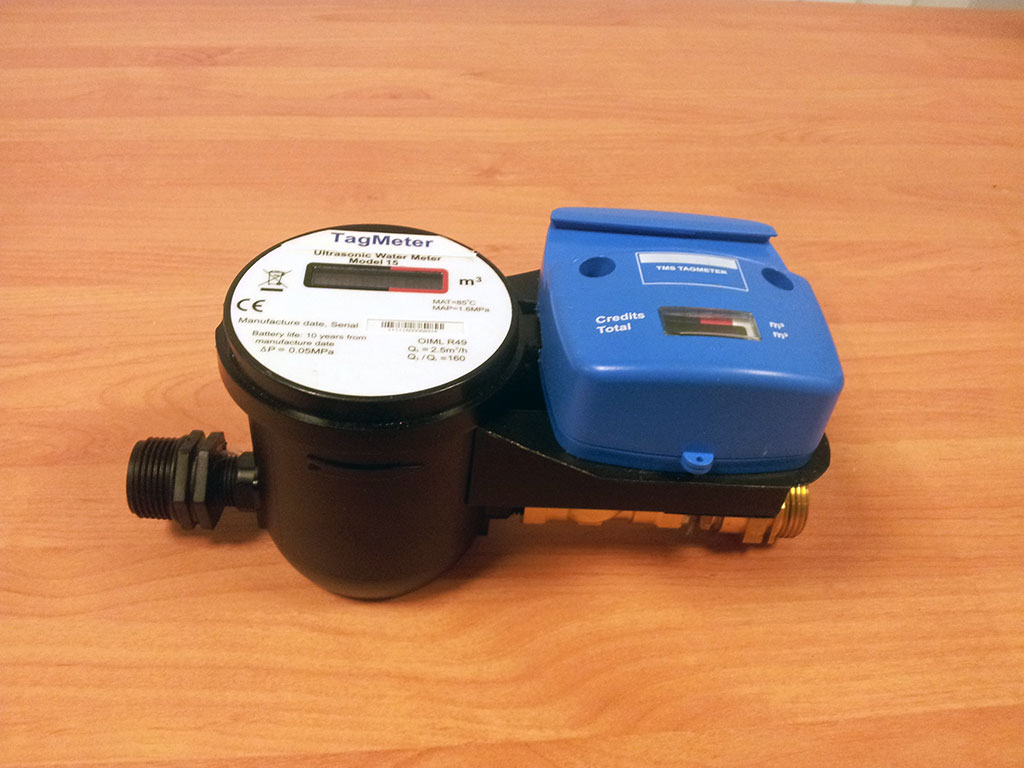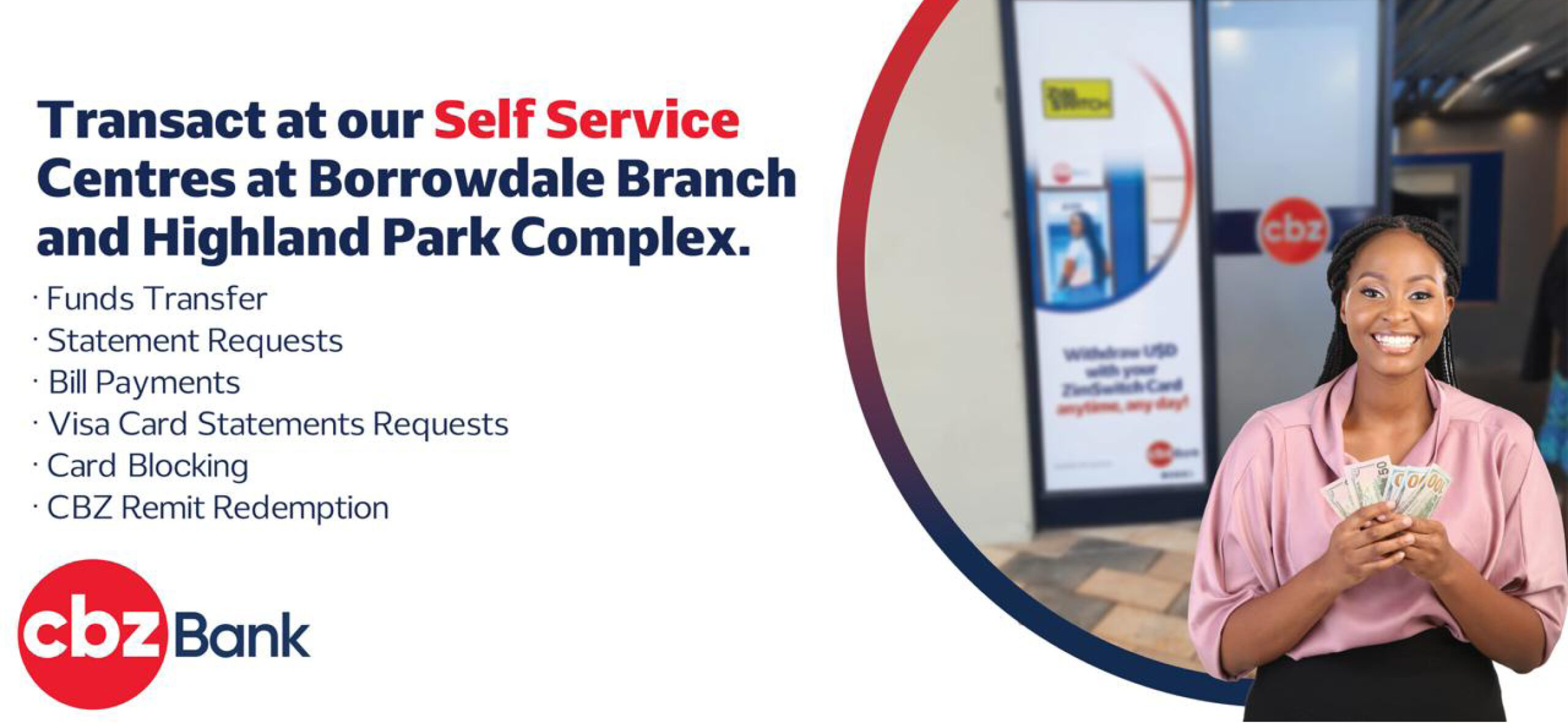THE Bulawayo City Council (BCC) might soon be forced to reconsider adopting smart water meters in its bid to address billing system challenges which have seen the local authority battling to deal with rising complaints of high bills emanating from estimates.
At the peak of Covid-19, the local authority resorted to estimating bills which were being calculated using household allocations.
This has not gone down well with residents who recently wrote to the city fathers appealing for the inaccuracies to be rectified.
Council has since admitted that a lot still needed to be done to bring normalcy to its billing system.
BCC is now considering installing smart water meters following recommendations from the recently published customer credits performance audit report.
The purpose of the audit, according to latest council minutes, was to verify if the financial services department had adequate controls over credit adjustments passed onto customers.
“Rates and consumer management should continue to vigilantly monitor credit adjustments while at the same time finding means to reduce the current volumes to manageable levels.
“Management should consider introducing a prepaid or smart water meter system to reduce adjustment arising from meter reading issues,” read the recommendations in part.
In 2015, the local authority was forced to backtrack on the prepaid water meters project following a massive street protest by both residents and civic groups
Smart meter readers are automated meter reading gadgets which use wireless or other technology to record how much water is being used by a consumer and then transmit the recorded data to a central point where billing can be carried out.
In reviewing the audit report, councillor Sailas Chigora hailed the report for highlighting a number of discrepancies particularly on the meter reading system.
He, however, went on to enquire about the practicability of introducing smart metering system and the modalities in case there is resistance from consumers.
“He then suggested that it was important for meters to be read more often and also recommended that the city should consider engaging contract meter readers from each ward to read meters once a month to curb the huge number of huge journals passed into the system.”
In her response, councillor Febbie Msipa said: “While the idea of introducing contract meter readers was good, there was a risk of manipulating readings in a ward if contract meter readers were drawn from the wards they reside in.”
In addition, councillor Rodney Jele suggested that council should consider using the IT department to look into the smart meter reading concept, to enable readings to be done online.




